

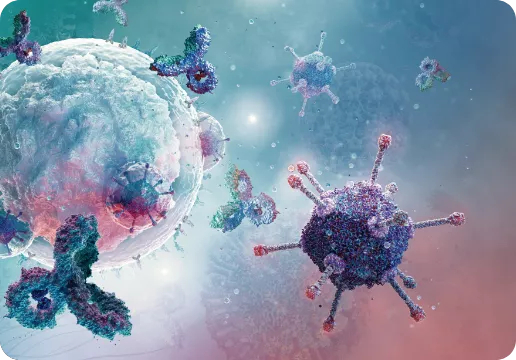
Scientists from the Curie Institute and the University of São Paulo are about to conduct a clinical study to evaluate the safety and efficacy of a new CAR-T cell-based immunotherapy for patients with oculocerebral lymphoma; the project was presented at FAPESP Week in Toulouse.
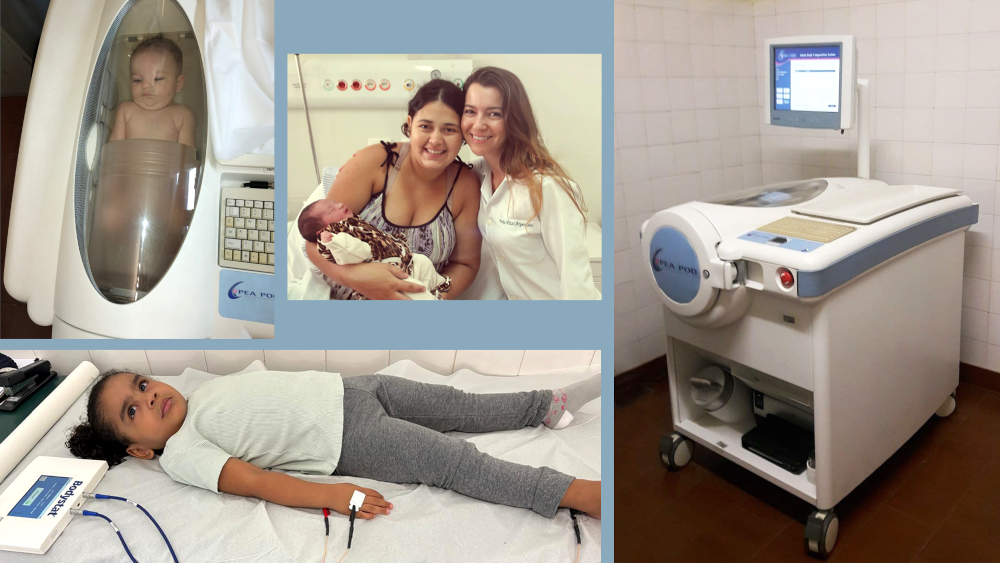
The evaluation of predictive models for low birth weight cases was based on data from a population study of over 1,500 pregnant women in the city of Araraquara in the state of São Paulo, Brazil. Early identification of the problem is crucial for effective intervention.
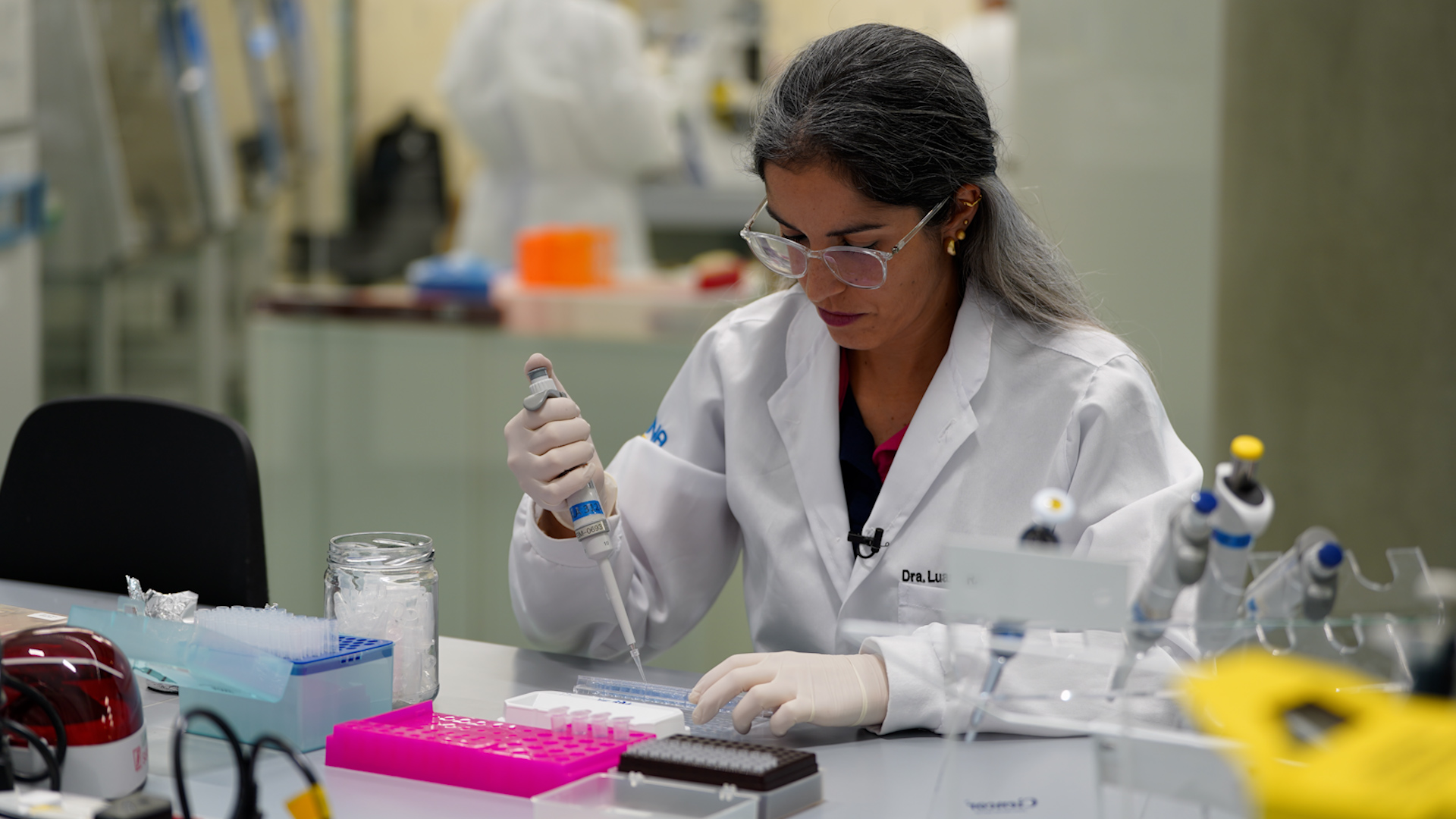
With support from FAPESP, the São Paulo startup has developed a molecule that can stimulate the immune system to fight cancer caused by the human papillomavirus; the technology will be presented at the VivaTech fair in Paris.
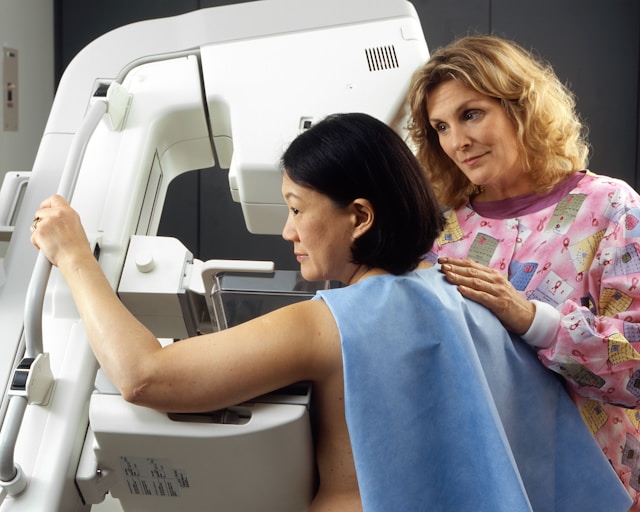
In a study conducted at São Paulo State University with 80 women over the age of 45, low-dose vitamin D supplementation nearly doubled the treatment response rate.
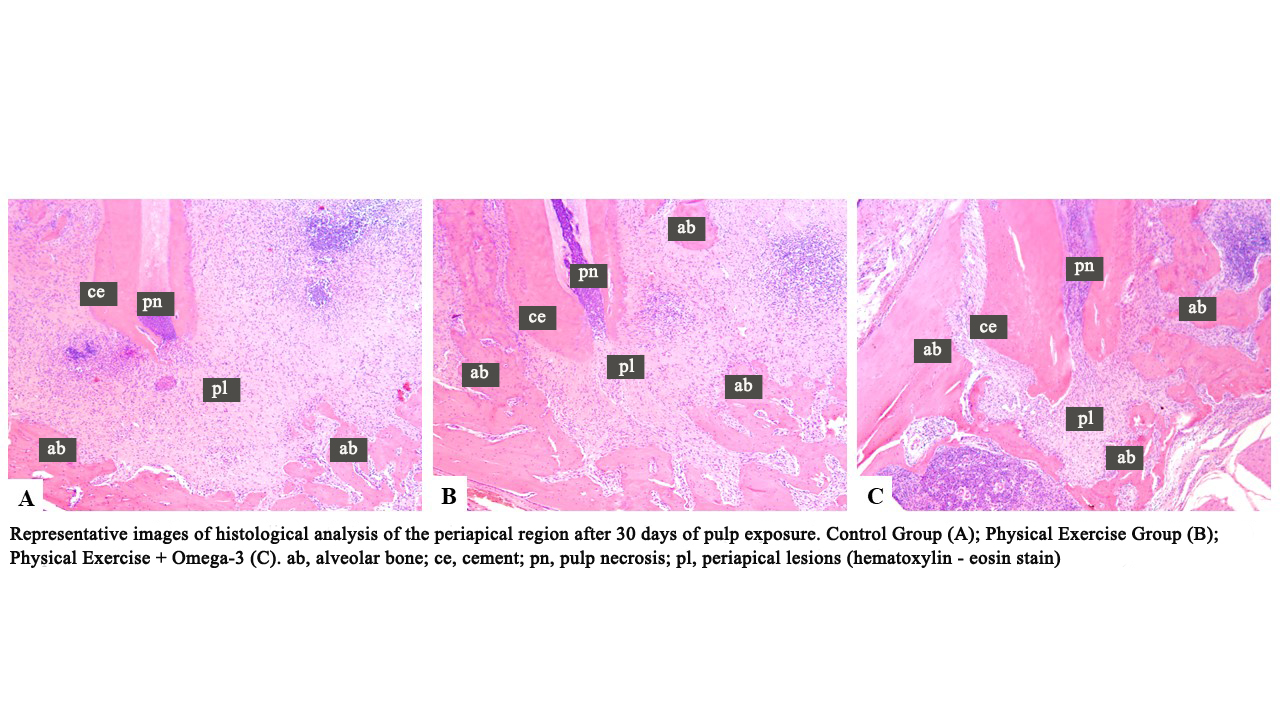
Rats that exercised and took fatty acid supplements responded better to bacteria and the inflammatory process of apical periodontitis, which can occur when caries reach the root canal and cause an infection.
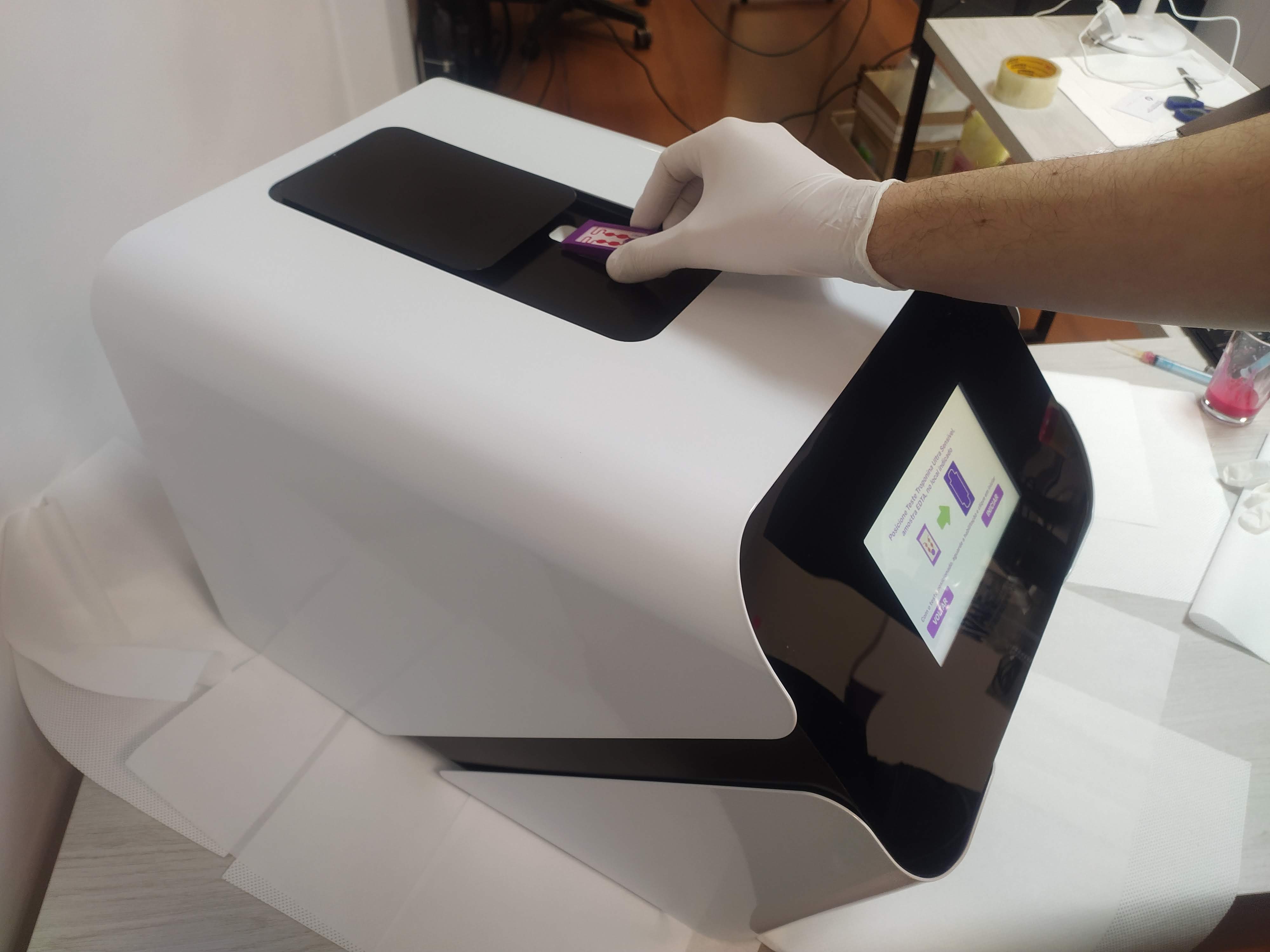
The system, developed by the FAPESP-supported startup, performs an assessment in eight minutes, drastically reducing the time needed to save lives; the technology will be presented at VivaTech in Paris.
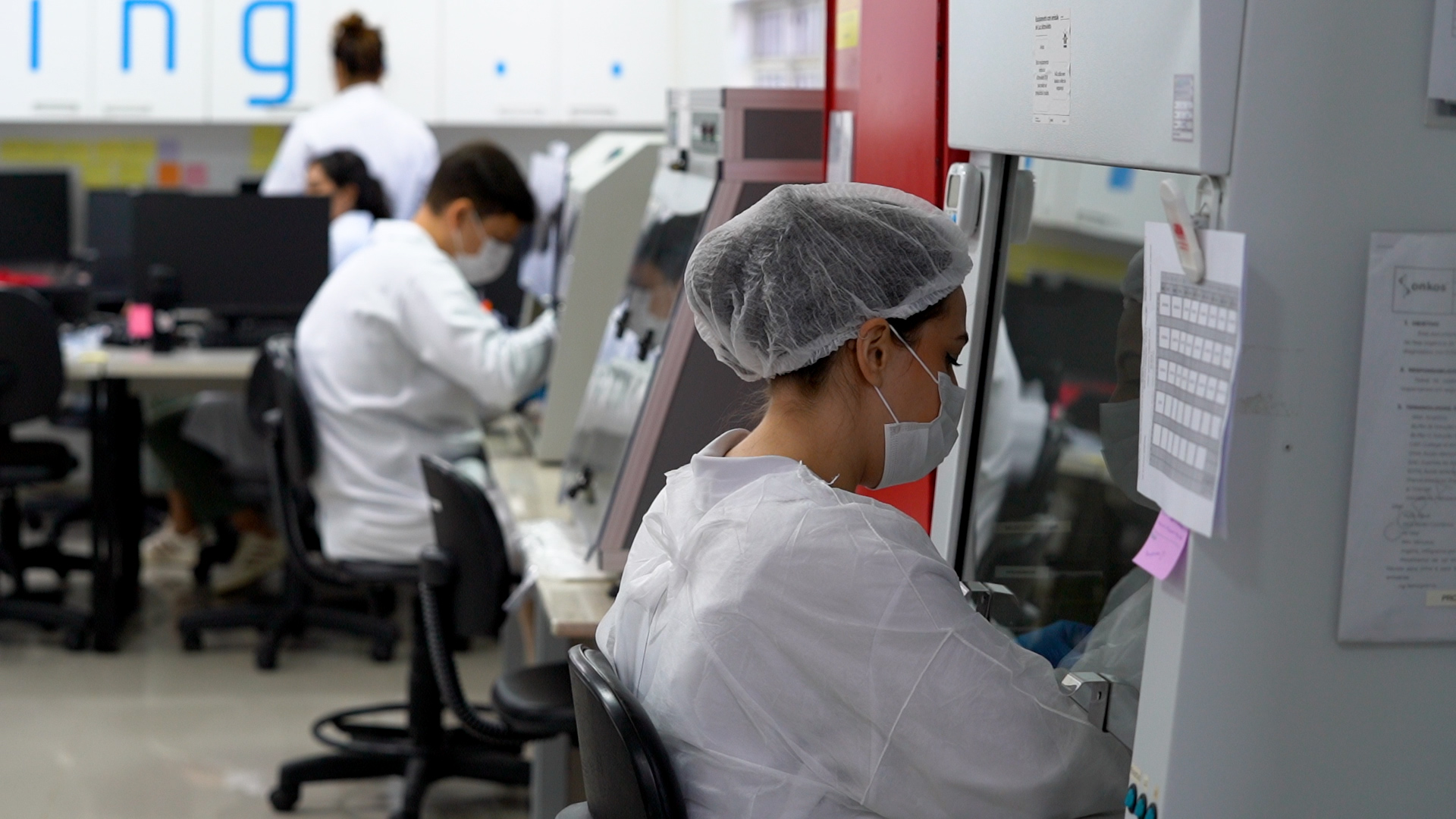
A test developed by the São Paulo state startup with support from FAPESP can distinguish benign nodules from malignant ones; the technology will be presented at one of the largest innovation events in France.
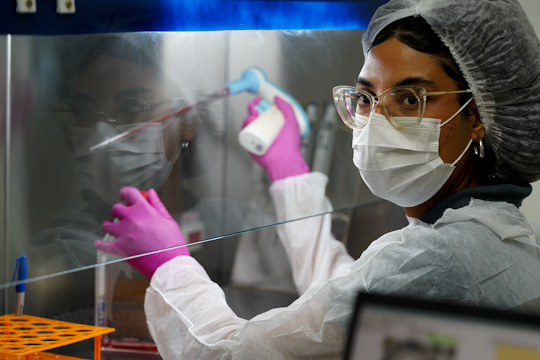
With support from FAPESP, the startup has developed a material containing human umbilical cord stem cells that speeds up the recovery of skin lesions; the technology will be presented at the VivaTech technology fair in France.
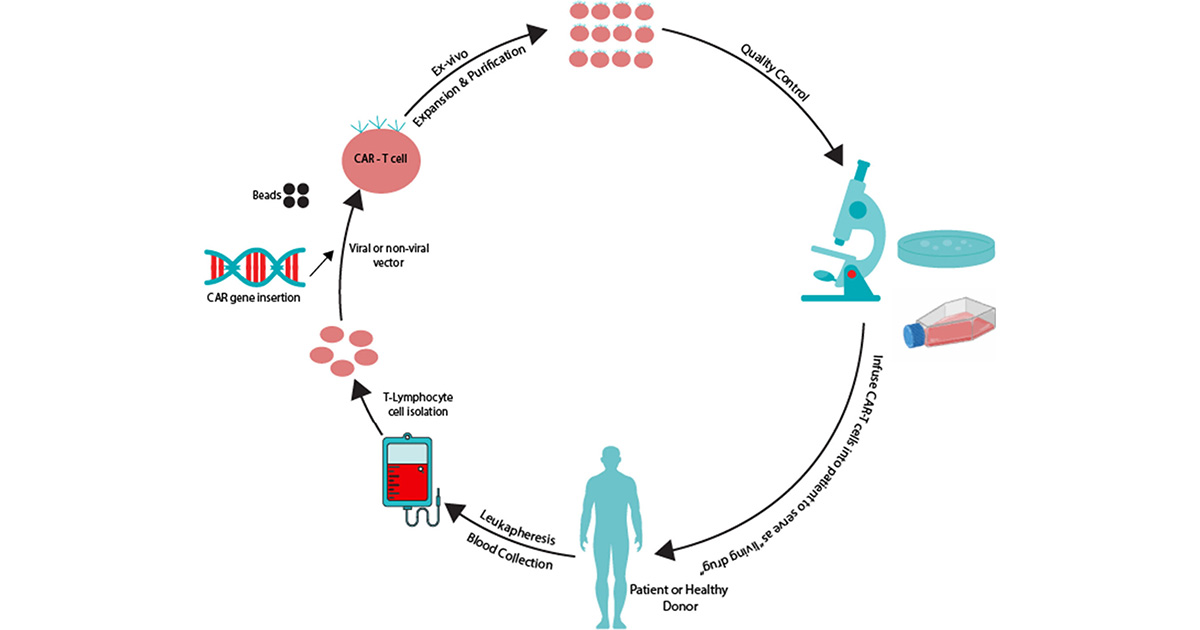
Researchers at a FAPESP-supported research center have discovered 14 proteins that could be targets for improving CAR-T cell-based therapies.

The publication, which resulted from a project conducted at the Federal University of São Carlos, is available in Portuguese and English and has the potential to be an important, low-cost therapeutic and educational tool.
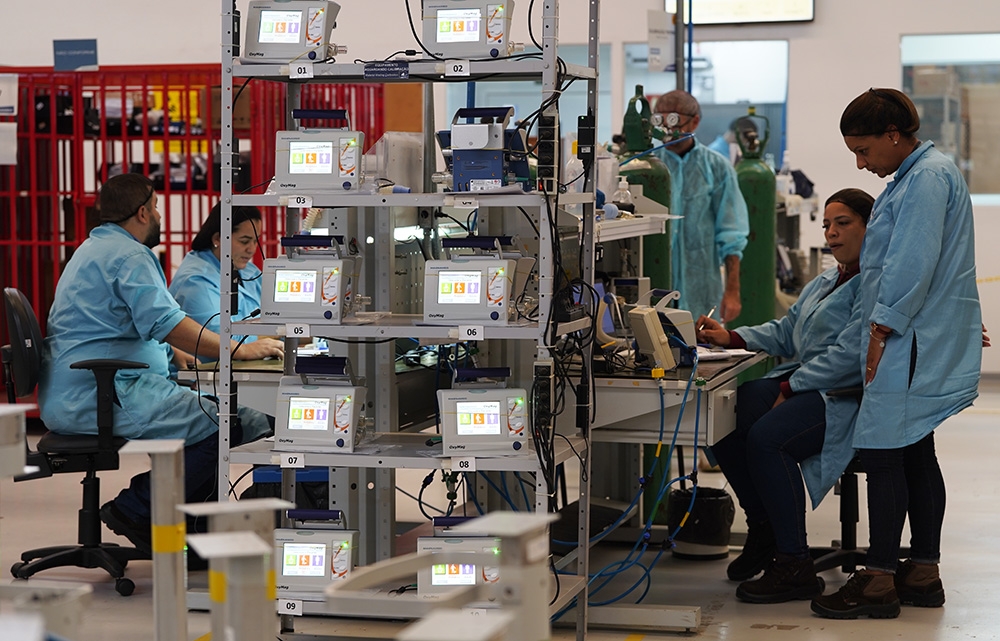
The FAPESP-supported company already exports one model and has applied for certification of two new devices in the United States.

The finding was based on questionnaires applied to 313 Brazilian women in their 30s. The results indicate that, although the reported discomforts negatively affect the participants’ quality of life and sexual health, they tend to normalize them.

The study conducted at the University of São Paulo evaluated data from 54 women who were newly diagnosed with early-stage disease.
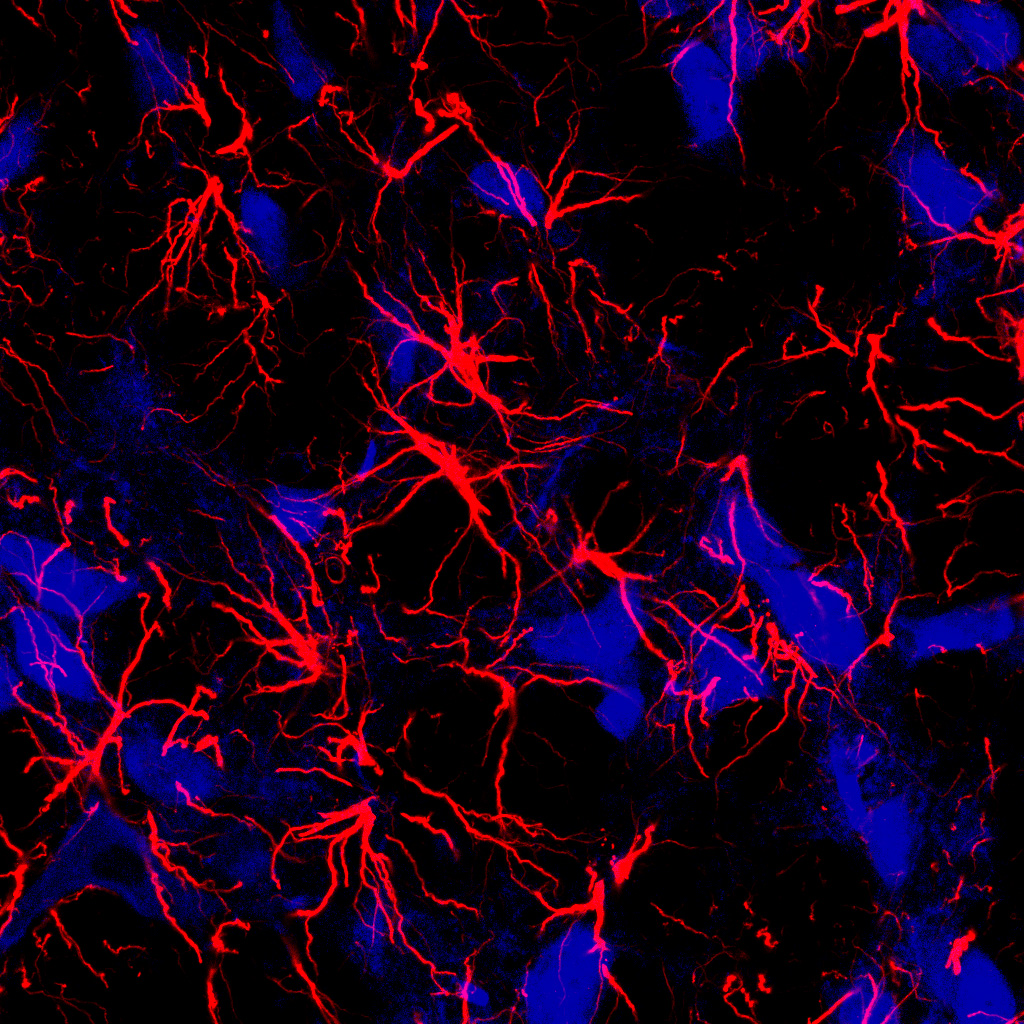
In animal tests, researchers from the University of São Paulo observed that changes in insulin signaling in the brain affected both memory and the frequency and severity of seizures. The findings support clinical evidence and point the way to new therapeutic approaches.
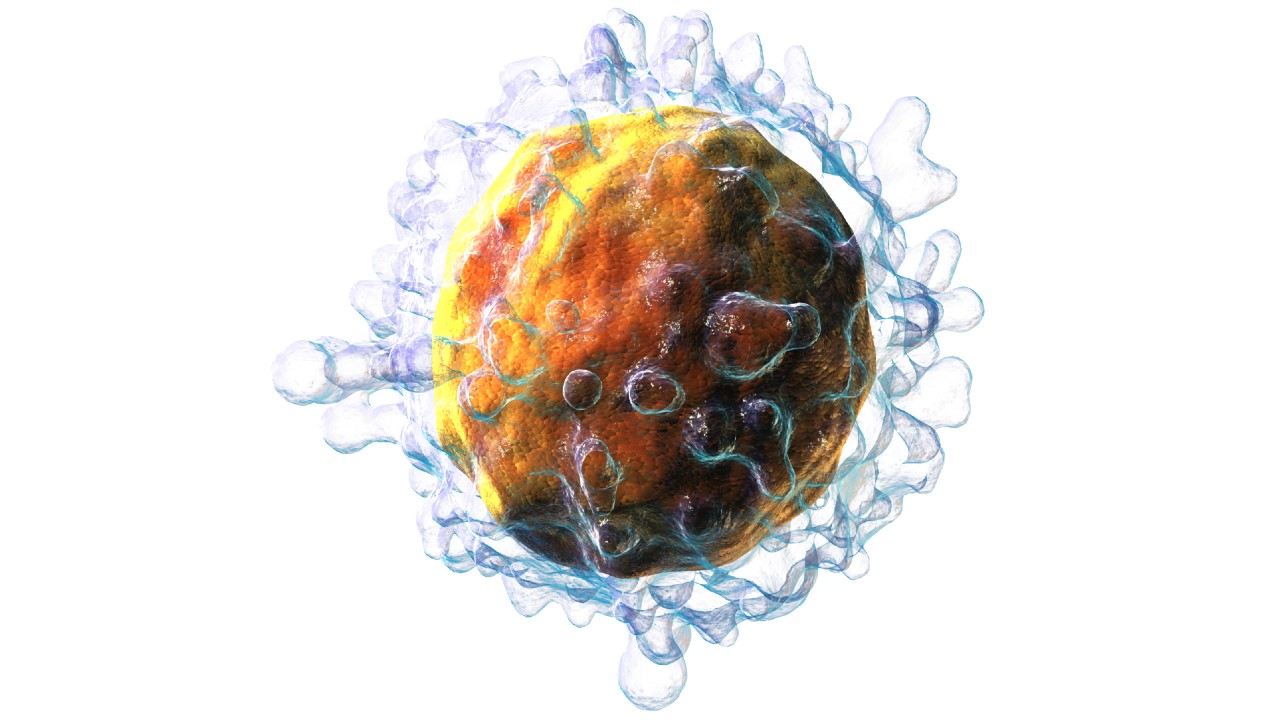
A group led by researchers at the A.C.Camargo Cancer Center has succeeded in improving CAR-T cells, making them more effective in treating refractory types of lymphoma and leukemia.

The conclusion comes from a study conducted at the University of São Paulo with 595 participants between the ages of 18 and 59. The analysis shows a link between insomnia and high levels of neuroticism, and points to anxiety as part of the problem.
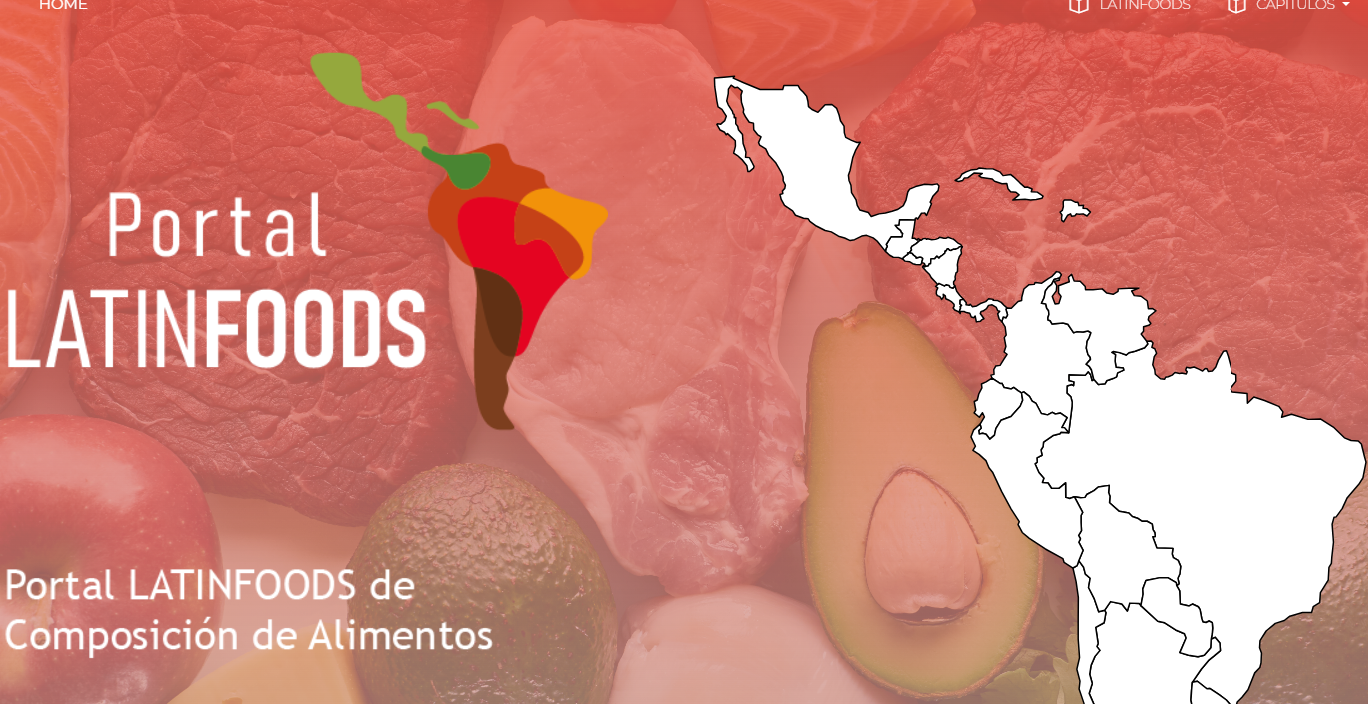
The project developed by Food Research Center takes into account the eating habits and biodiversity of each country in the region.
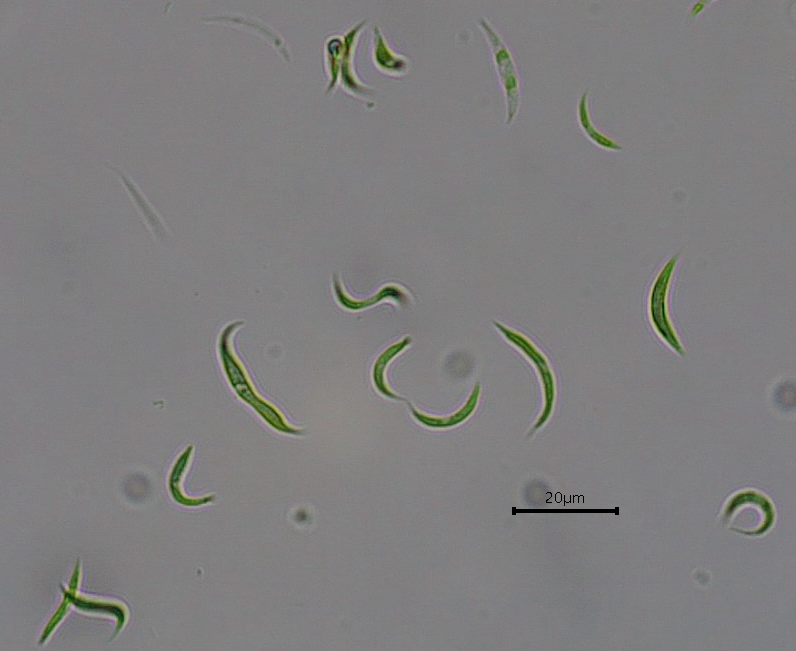
In the laboratory, the species Monoraphidium contortum removed some of the drugs added to the liquid and produced biomass with potential commercial value.
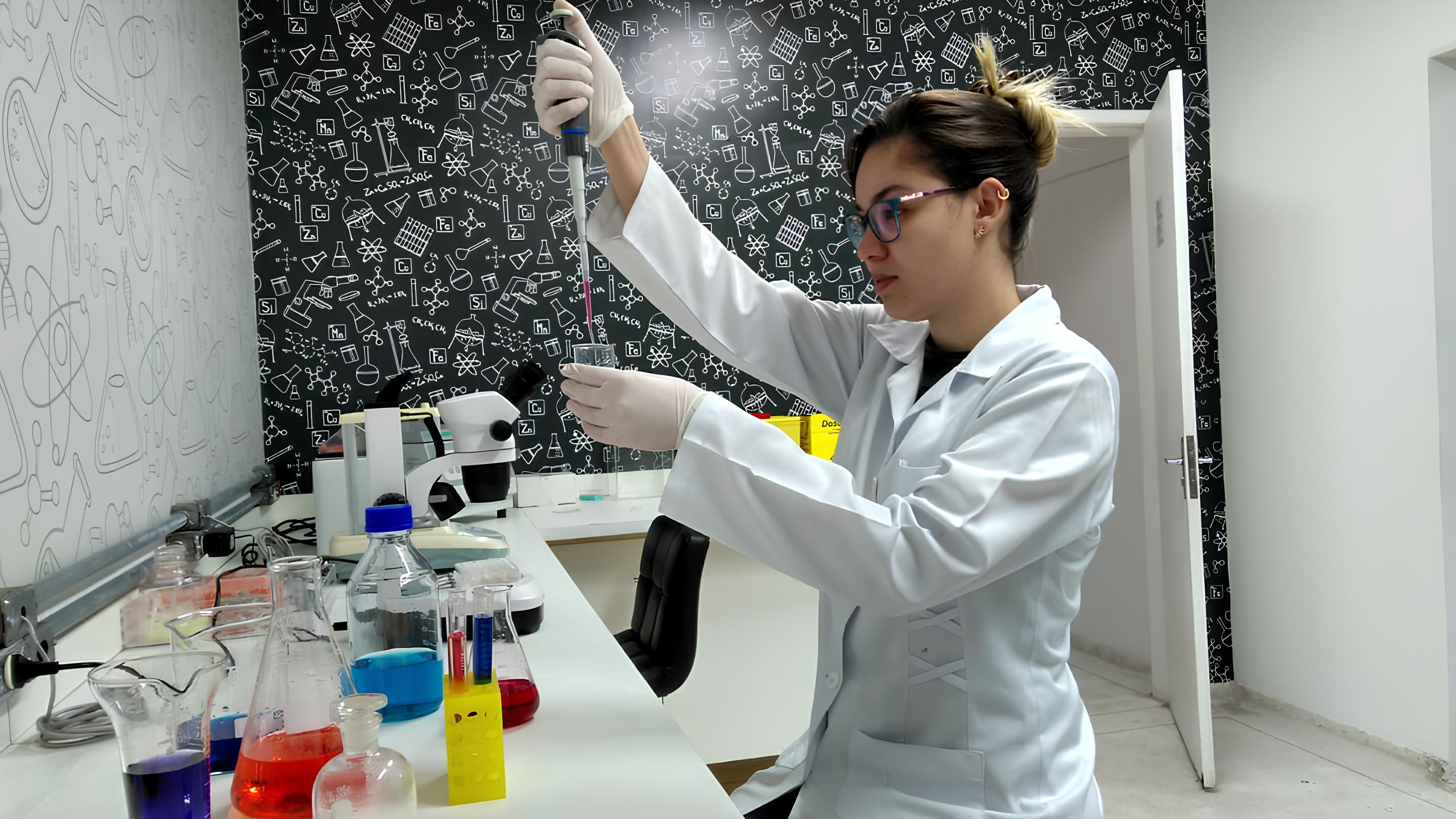
Praziquantel, usually administered in large tablets, is the only anthelmintic available on the market. New form of presentation uses nanotechnology and facilitates use by children and pets.
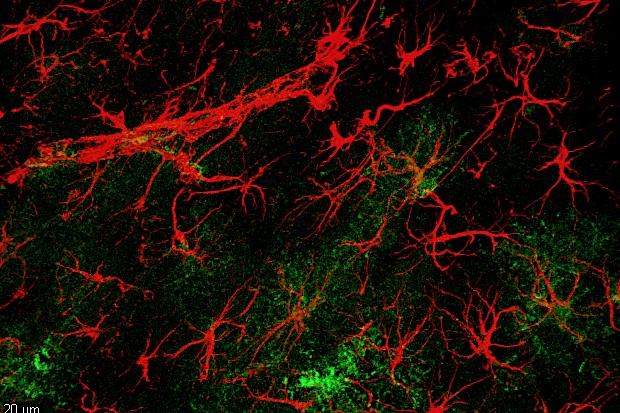
Brazilian researchers observed increased connections between neurons in rodents after inducing an increase in the synthesis of hevin – a glycoprotein naturally produced by astrocytes.
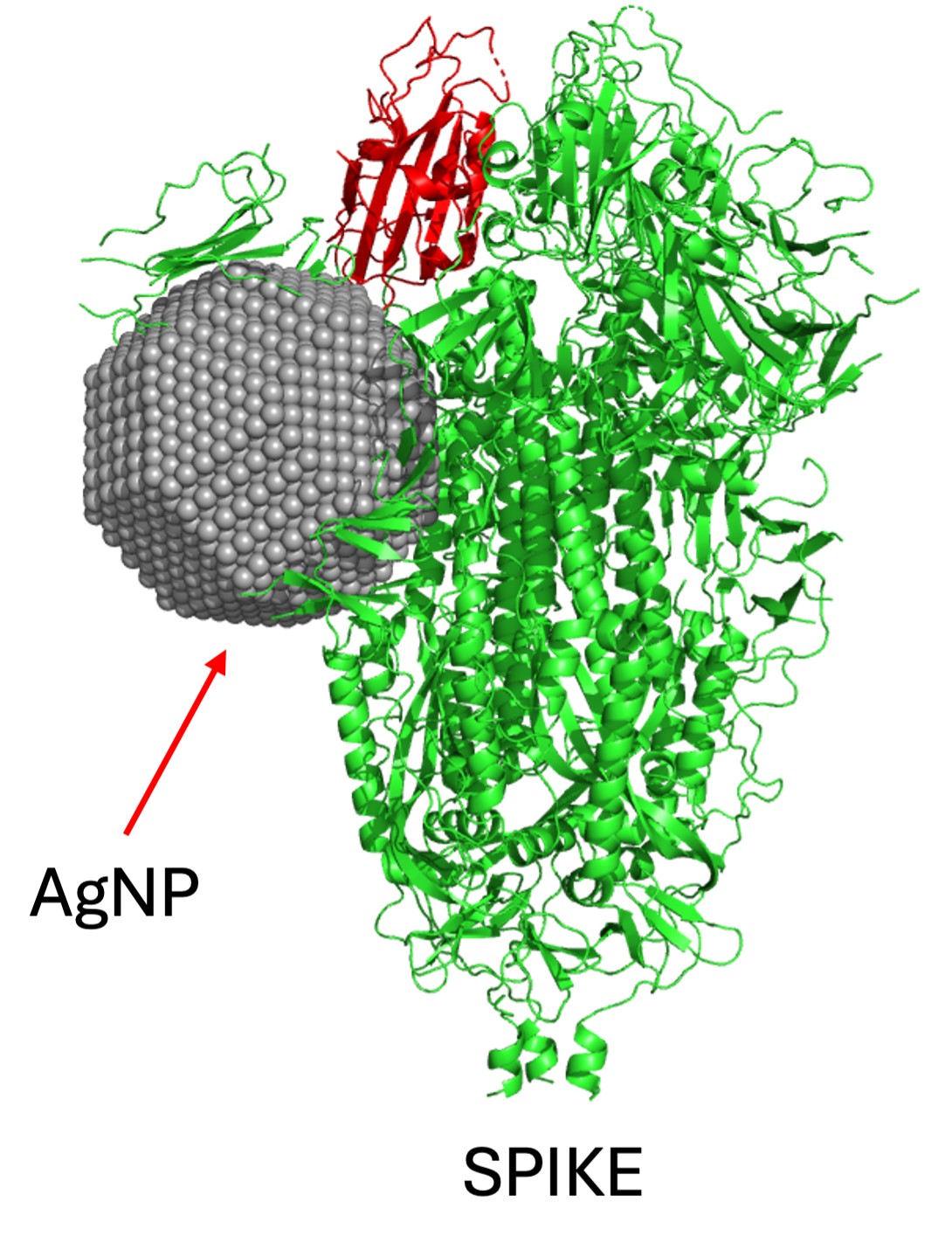
Study in hamsters paves way for development of nasal sprays and other products to fight several viral diseases, including HIV/AIDS, shingles and influenza.

The conclusion comes from a study that followed 805 Brazilians in their 50s for eight years. The results underscore the need for increased attention to hearing health as a way to prevent dementia.
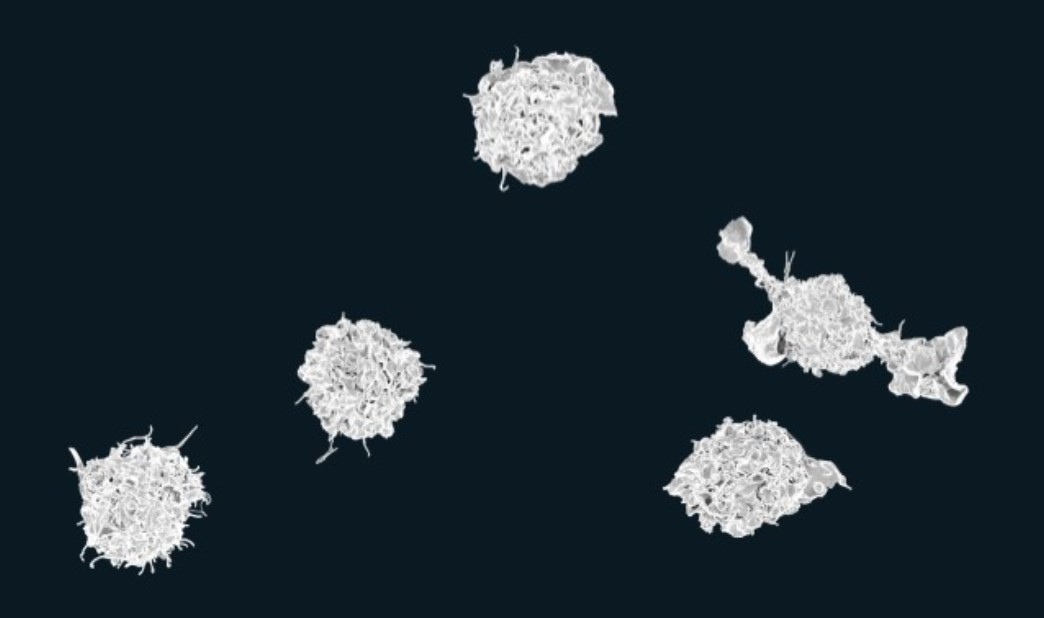
Through experiments with mice, scientists from the State University of Campinas have shown that physical activity induces immune cells involved in the inflammatory process to acquire an anti-inflammatory profile. The finding opens the way to new therapeutic approaches.

A study conducted at the Federal University of São Paulo compared the performance of people diagnosed with primary progressive aphasia and healthy individuals, identifying the main tasks that can signal the presence of the syndrome.
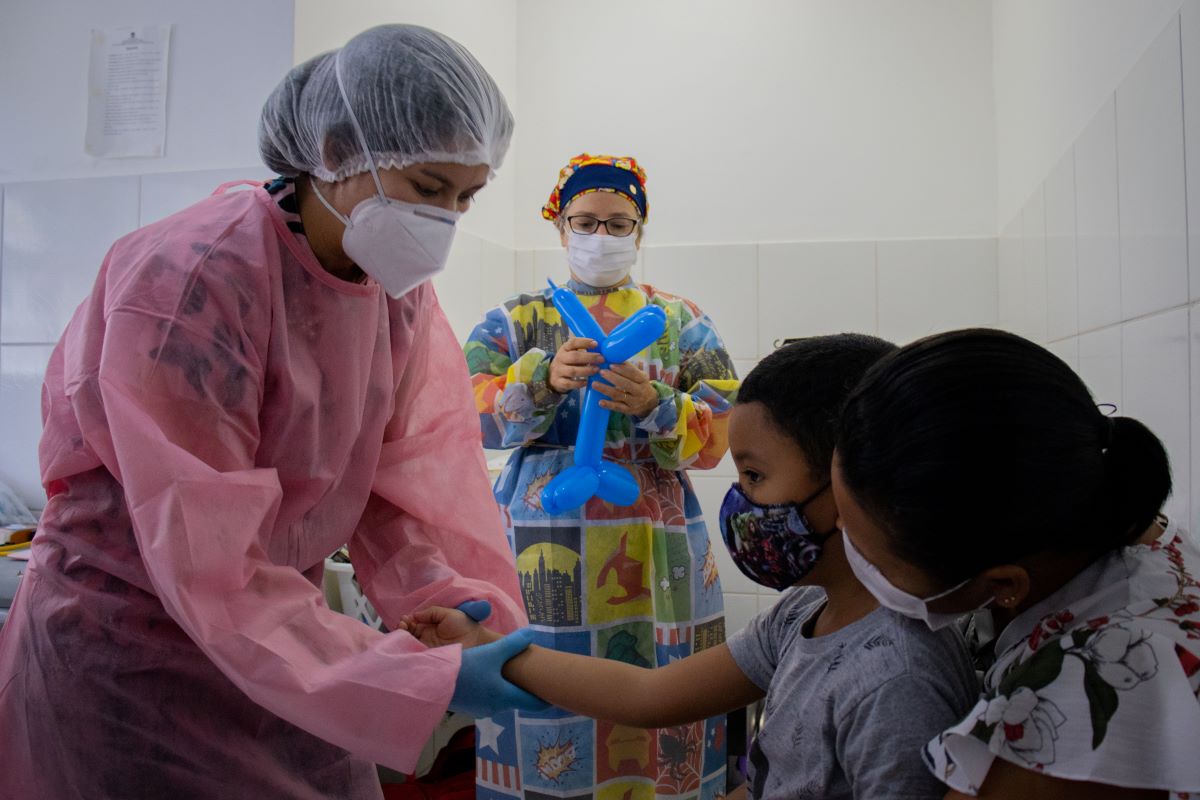
Analysis of the gut microbiota of more than 700 babies also showed that breastfeeding was a protective factor, mitigating the problem in those who consumed industrialized products. The study underscores the importance of breastfeeding and avoiding foods high in sugar, saturated fat, salt and chemical additives.